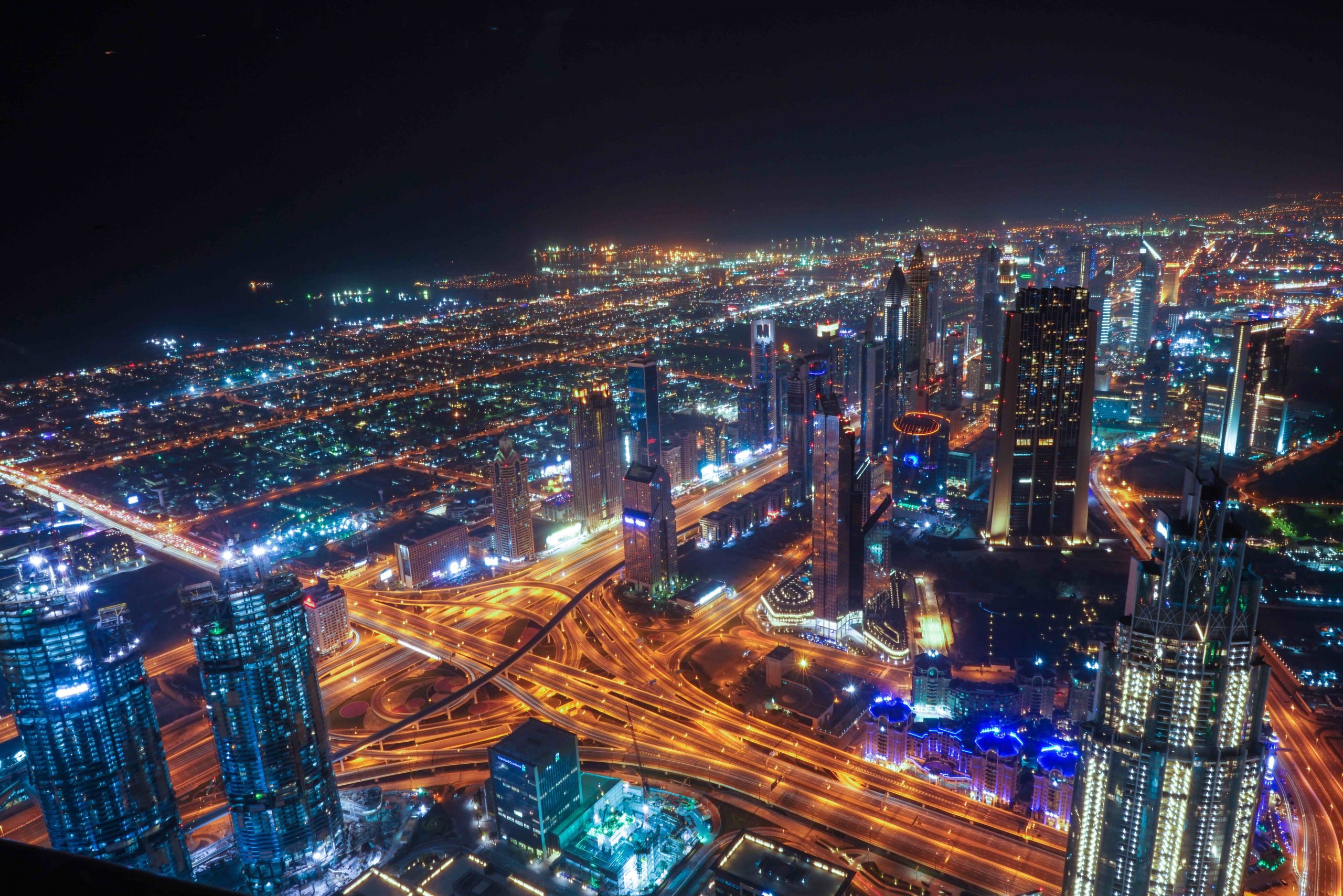Thomas Kuhn, in The Structure of Scientific Revolutions, reminds us that paradigms do not evolve incrementally—they break. They collapse when their internal contradictions become too great to bear, when the answers they provide no longer match the realities they seek to explain. This is very much the situation we find ourselves in today. Our dominant frameworks—economic, political, and cultural—are faltering under the weight of the crises they have generated.
Our economic paradigm, shaped by centuries of industrialism and bolstered by neoclassical theory, assumes perpetual growth, limitless resources, and the primacy of markets. But these assumptions are unraveling. The destabilizing effects of climate change, mass extinction, deforestation, and plastic pollution are not “side effects”—they are the natural outcomes of a system that sees the planet as a dead storehouse of inputs and labor as a cost to be minimized.
Meanwhile, the political frameworks meant to mediate and govern our collective well-being are failing to rise to the scale of our challenges. Governance systems—rooted in national self-interest, short election cycles, and economic metrics—are increasingly incapable of addressing global-scale problems. While the ultra-wealthy secure private islands and spaceflight tickets, billions face rising food insecurity, displacement, and ecological breakdown.
This is not just a failure of leadership—it is a failure of worldview. And worldviews do not change through better data alone. They change when reality forces a collective reckoning with the limits of the old and the possibilities of the new.
The Rise of Living Systems Thinking
To restore the biosphere and regenerate the conditions for life, we must adopt a radically different kind of thinking—one as transformative for the human-earth relationship as quantum mechanics and relativity were for our understanding of the universe. This new kind of thinking is not abstract or utopian. It is living systems thinking—an approach grounded in the principles of ecology, interdependence, and regenerative design.
Living systems thinking recognizes that everything is connected: economy, society, culture, and ecology are not separate silos, but nested and interacting parts of a greater whole. In this worldview:
-
Wealth is measured not by accumulation, but by the capacity to support life.
-
Progress is not linear, but cyclical and evolutionary.
-
Resilience is built through diversity, cooperation, and adaptability—not competition and efficiency alone.
We are not alone in making this shift. Around the world, new frameworks are emerging to replace the old:
-
Doughnut Economics, developed by Kate Raworth, offers a model for an economy that meets the needs of all within the means of the planet. It defines a safe and just space for humanity—between ecological ceilings and social foundations—beyond the GDP growth obsession.
-
The Rights of Nature movement, now enshrined in the constitutions of countries like Ecuador and in laws in New Zealand and parts of the U.S., grants legal personhood to rivers, forests, and ecosystems. This reimagines law and governance not as human-centered, but Earth-centered.
-
Regenerative Agriculture is rapidly replacing extractive agribusiness in many parts of the world. It models food production on the logic of ecosystems—building soil health, biodiversity, and carbon sequestration, while strengthening rural livelihoods.
-
Indigenous Knowledge Systems, long dismissed by colonial modernity, are being increasingly recognized as vital sources of ecological wisdom. These traditions often embody deep relational ethics and reciprocal stewardship with the land—principles modern science is only now beginning to validate.
-
Post-Growth and Wellbeing Economies, advanced by groups like the Wellbeing Economy Alliance (WEAll), challenge the narrative that more consumption equals better lives. Countries like Bhutan, New Zealand, and Scotland are piloting policies that prioritize mental health, ecological balance, and quality of life over GDP.
The Inner Shift
Living systems thinking is not just institutional or systemic—it is personal. It calls for a shift in consciousness. A letting go of the illusion of control. A rediscovery of humility, interdependence, and care.
It also aligns with our deepest aspirations. People around the world are not demanding endless growth—they are asking for health, dignity, belonging, and a future for their children. The new paradigm does not impose austerity; it invites abundance—an abundance of meaning, creativity, relationship, and possibility.
We are not merely economic agents or isolated consumers. We are storytellers, caregivers, co-creators. To recognize this is to see ourselves as the Earth sees us—not as rulers, but as kin.
The Work of Transformation
The transition is not guaranteed. Old systems rarely go quietly. But we are already in motion. Movements for climate justice, food sovereignty, community energy, and cooperative economics are laying the groundwork for a new civilization.
As Buckminster Fuller once said, “You never change things by fighting the existing reality. To change something, build a new model that makes the old one obsolete.”
This is the moment to build that model—together. A civilization in which regeneration replaces extraction, where cooperation displaces competition, and where life becomes the ultimate metric of success.
We are not just facing a climate crisis, or an economic crisis, or a political crisis. We are facing a crisis of perception—and therefore, an opportunity for profound renewal. The biosphere will not be restored by the same kind of thinking that destroyed it. It will be restored by a new consciousness—one that aligns with the logic of life, and the dream of a more just and generous world.
